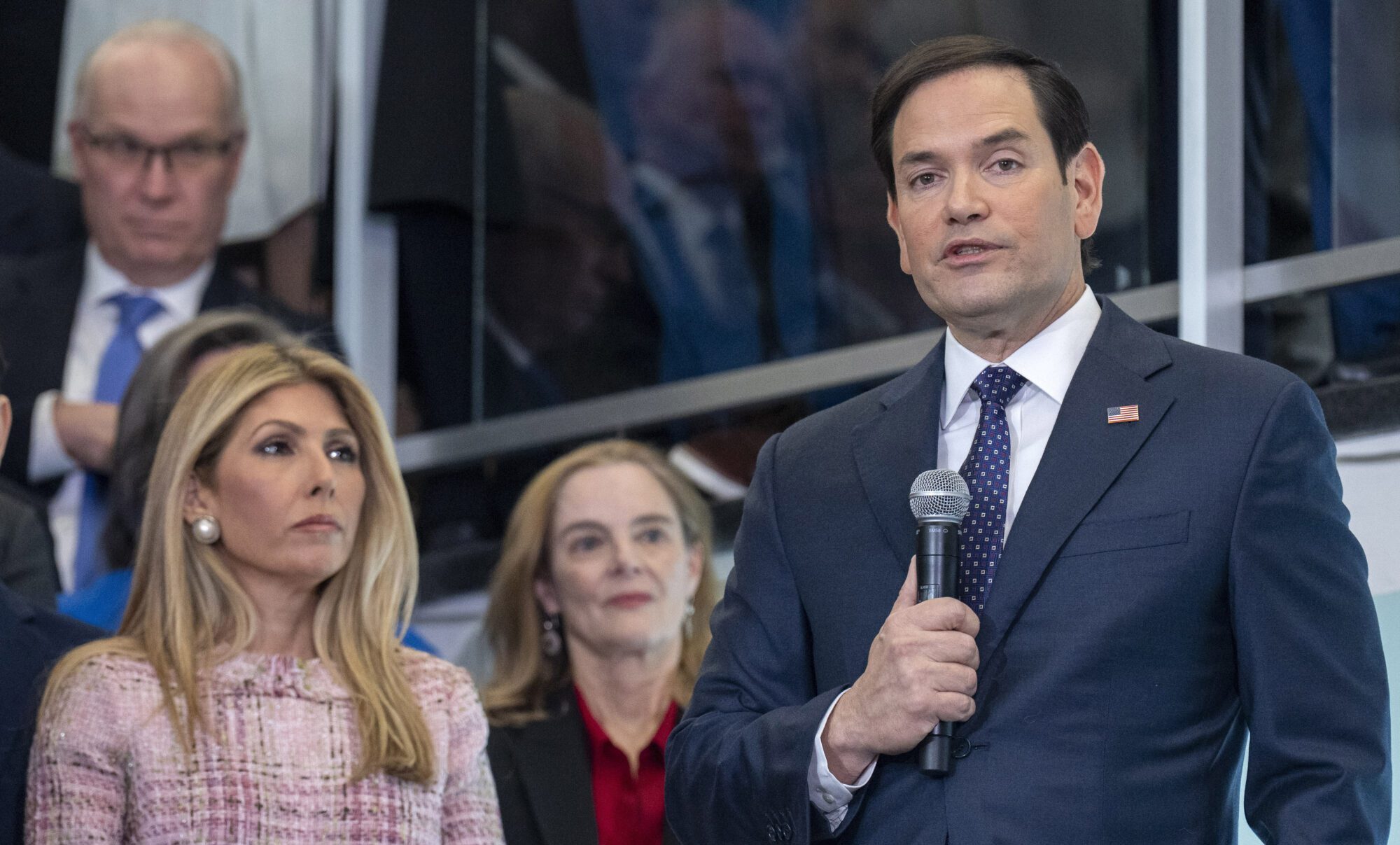In response to Joe Atkins – Respect Workers – 4/19/9
It Ain’t So, Joe
Genuinely, laudably, Clarion-Ledger labor columnist Joe Atkins cares for the working poor. But his judgment of their interests is clouded by hatred of nameless, faceless villains Joe calls “bosses.” Clarion-Ledger readers and advertisers accustomed to Joe’s outbursts don’t read them or worry about them. But I take Joe seriously, because liberty is lost incrementally, and is marginally imperiled each time Joe goes unanswered in the public square.
For example, in Joe’s story-length, April 19, Clarion-Ledger column, “Respect workers,” he argued, essentially, that the Employee Free Choice Act (111th Cong., S. 560) is good because the “bosses” are evil. By such logic, anything anyone favors is good, if opposed by one you dislike. Well, I have tried cheeseburgers and I like them. That judgment will not change even if I should learn that Osama bin Laden shares my taste. A thing, a policy, is good or not on its own merits, about which each reader should make his or her own judgment. And Joe wrote nothing about the Employee Free Choice Act that should support a favorable judgment of it.
Joe’s column was prompted by an April 9 Ole Miss Journalism School debate that he . . . moderated, for lack of a fully descriptive word. Pete Perry and I spoke for employers. Remarkably little of what I said in that debate appeared in Joe’s column. I explained EFCA’s card check section by applying it to the 2011 election for the Mississippi House District 70 seat held by my worthy debate opponent, Rep. Jim Evans, who won that seat in 2007 with 3,077 votes, running unopposed. If his 2011 race were run by card check rules, an opponent could unseat Rep. Evans with no vote, by submitting to the Mississippi Secretary of State just 1,539 cards designating the challenger the new District 70 House member. Rep. Evans would have no right to solicit his own cards, or to know of the campaign against him, or to hear about or to contest any promises or threats made to get opposing card signatures. Indeed, Rep. Evans would have no legal right to inspect the challenger’s card signatures or to contest their authenticity.
Under another EFCA section, I explained, the government may impose so-called “contracts” on employees and employers without either’s consent. But solicitors of union cards are not required to explain that to workers. Workers also would be uninformed that, once saddled with a union, the law prohibits them to change that decision for years to come.
Rather than review those and other salient debate points, Joe’s recent column distorted a related article that I wrote for Engage magazine. You may read what I wrote, in full, at www.fed-soc.org/publications (Vol. 10, Issue 1, February 2009). Joe wrote that I expect Southern bosses – a peculiarly bad sort, presumably – to retaliate for EFCA’s passage by “hiring fewer African-Americans.” As they say in that car rental commercial, “not exactly.”
EFCA won’t pass, at least not this year, because so many Democrats have defected that S. 560 will struggle to attract a bare majority in the Senate, where one needs 60 votes to get a cup of coffee. And my forecast of EFCA’s harm hinges on the social utility of the secret ballot, especially for African-Americans, especially in the South. Union card solicitations are unregulated because people who are tricked or coerced into signing a card may cast a secret ballot against the union a short time later – no harm, no foul. Card check’s threat to workplace race relations is a direct result of the unions’ southern strategy of race-based organizing. In some communities, for various reasons, racial solidarity among them, an employee cannot, practically speaking, openly oppose a union. The social price is just too high. She may disagree only privately. And that fact explains most union election losses in most of the South, especially the rural South. Many African-Americans sign union cards and then, having heard both sides in an election campaign, secretly vote “NO.” It’s that right that EFCA targets for destruction, for that very reason.
I don’t know an employer who thinks that union representation questions should be race-based. So I’m not surprised that minority-owned enterprises strongly oppose card check. Harry C. Alford, president and chief executive officer of the National Black Chamber of Commerce, recently called EFCA “absurd and hideous.” My Engage magazine article predicts some particularly hideous consequence of its enactment. Unions quickly would target African-American workers for race-based, card check organizing. Card solicitors will avoid and alienate white workers, for fear that they might tell the “boss” what’s up. Judging from our sad history, I would expect such racial alienation to produce dysfunctional employee and employee-management relations. If you need this explained, you ain’t from ‘round here. Some employers, I believe, would flee in advance of being run out of town by abuses of EFCA. Others would drop their plans to locate here.
Given those foreseeable consequences, my article predicted that a clear and present danger of EFCA passage will prompt Southern legislators to regulate union solicitations by, among other things, imposing financial disclosure obligations. Indeed, the Mississippi Senate did just that in the 2009 General Session, only to see S.B. 3111CS blocked and killed in committee by House leaders.
I confess that each of my educated guesses is debatable, but this is not: no amount of disdain for “bosses” can justify EFCA’s deprivations of fundamental liberties. And by the way, Joe, we need more “bosses,” because we need more jobs.
Pepper Crutcher
4/23/9






